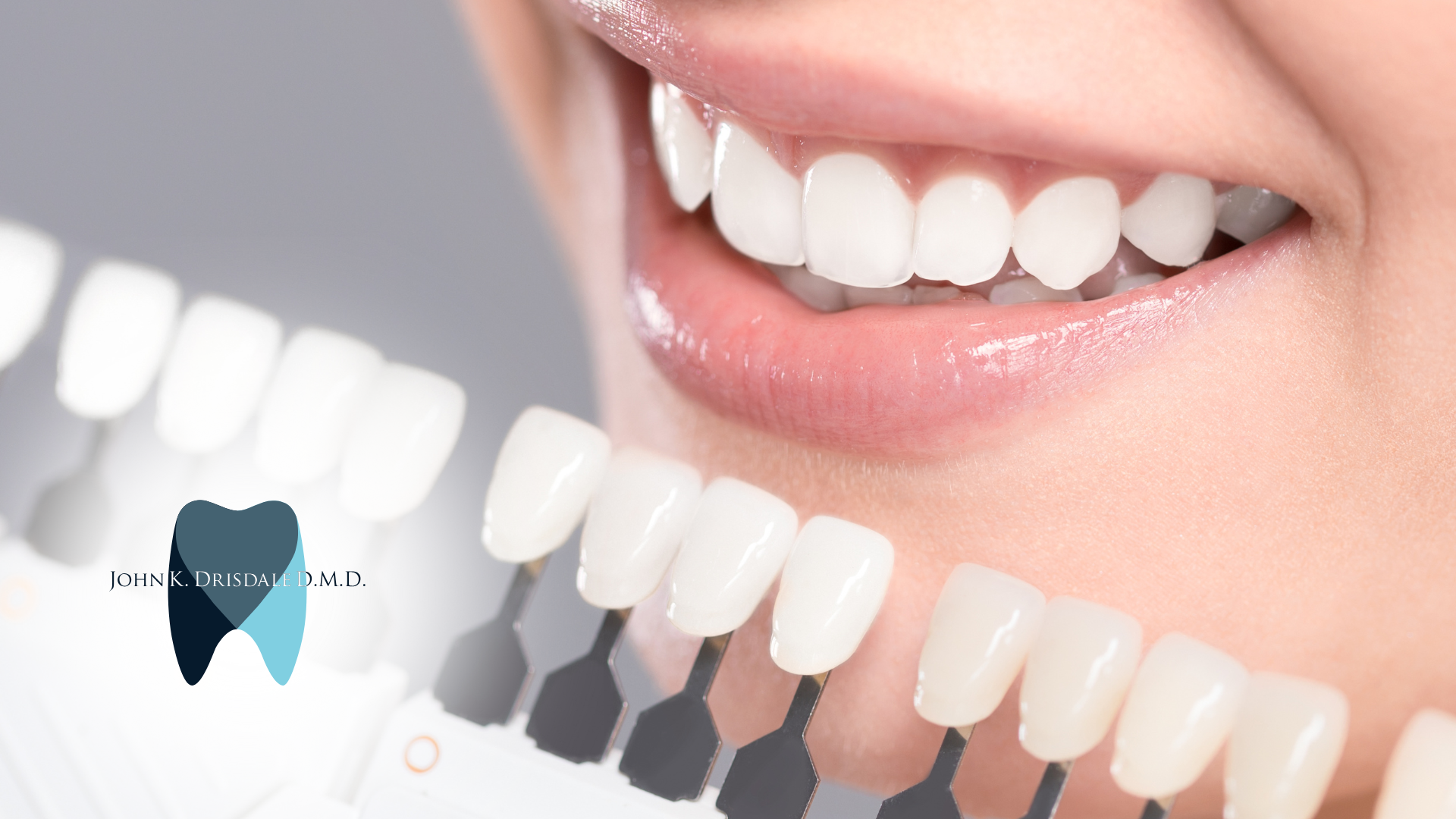How Long Does Dental Bonding Last?
Understanding Dental Bonding
What is Dental Bonding?
Dental bonding is a cosmetic procedure where a tooth-colored resin material is applied to teeth and hardened with a special light, which ultimately "bonds" the material to the tooth to restore or improve a person's smile. It is a quick, simple, and non-invasive treatment option that can address a variety of dental issues.
- Dental bonding can be used to repair decayed teeth (fill cavities).
- It can correct chipped or cracked teeth.
- Bonding is also an effective way to improve the appearance of discolored teeth.
- It can be used to close spaces between teeth or make teeth look longer.
- Sometimes, dental bonding is used as a cosmetic alternative to amalgam fillings, or to protect a portion of the tooth's root that has been exposed when gums recede.
Dental bonding is not only about aesthetics; it also benefits your oral health by protecting and strengthening the tooth structure.

Benefits of Dental Bonding
Dental bonding offers a range of advantages for those looking to improve their smile. It effectively conceals imperfections like chips, cracks, discoloration, and gaps between teeth, providing a seamless and aesthetically pleasing result. The procedure is minimally invasive, often requiring no anesthesia and preserving more of the natural tooth structure compared to other cosmetic treatments.
- Quick and convenient, dental bonding can typically be completed in a single visit.
- It is a cost-effective solution compared to veneers or crowns.
- The composite resin used in bonding is meticulously matched to your natural tooth color, ensuring a natural-looking repair.
Dental bonding is not only about aesthetics; it also helps restore the functionality of damaged teeth, allowing for normal eating and speaking.
Limitations of Dental Bonding
While dental bonding is a versatile and minimally invasive procedure, it does have its limitations. The lifespan of dental bonding can vary significantly depending on several factors, such as the material's durability and the patient's oral habits. Typically, bonding material is not as strong as natural teeth, making it more susceptible to chipping or staining over time.
- Bonding material may not perfectly match the color of surrounding teeth, especially if the natural teeth whiten over time.
- The bonding process can sometimes be less durable than other restorative procedures like veneers or crowns.
- Direct bonding may need to be replaced or repaired after a few years, which can be an additional cost and inconvenience.
It's important for patients to have realistic expectations about the outcomes of dental bonding and to discuss potential limitations with their dentist.
Dental hygienists play a crucial role in educating patients about maintaining their dental work. They provide valuable information on oral health, including plaque removal, diet, and disease prevention. Regular professional teeth cleaning is crucial not only for the longevity of dental bonding but also for overall well-being and a healthy smile.
Factors Affecting the Longevity of Dental Bonding
Diet and Lifestyle
Your diet and lifestyle have a significant impact on the longevity of your dental bonding. Consuming foods and beverages that are high in sugar or acid can erode the bonding material over time, leading to discoloration and deterioration.
- Limit intake of coffee, tea, and red wine to avoid staining.
- Avoid hard candies and ice, which can chip the bonding.
- Reduce consumption of acidic foods like citrus fruits and tomatoes that can wear down the bonding material.
Maintaining a balanced diet and a healthy lifestyle not only benefits your overall health but also helps in preserving the integrity of your dental bonding.
Oral Hygiene Practices
Maintaining good oral hygiene is crucial for the longevity of dental bonding. The resin used in the bonding process can be affected by the same factors that threaten natural teeth, such as plaque and tartar buildup. To ensure the durability of your dental bonding, consider the following steps:
- Brush your teeth at least twice a day with fluoride toothpaste.
- Floss daily to remove plaque from between teeth and under the gum line.
- Use an antiseptic mouthwash to help kill bacteria that brushing and flossing might miss.
Consistent oral care not only protects your dental bonding but also your overall oral health. Remember, dental cavities could affect the dental bonding, making it essential to prevent decay and gum disease.
Regular dental cleanings and check-ups are also part of maintaining oral hygiene. These visits allow your dentist to monitor the condition of your dental bonding and address any issues before they become significant problems.
Chewing and Biting Habits
The way you use your teeth on a daily basis can significantly impact the durability of dental bonding. It's important to be mindful of certain habits that may shorten the lifespan of your bonded teeth:
- Avoid biting into hard foods or objects, such as ice, pencils, or hard candy.
- Do not use your teeth as tools to open packaging or bottles.
- Be cautious with foods that are extremely sticky or chewy.
It's usually better to avoid biting directly into your food, particularly hard consumables that can compromise the dental bonding structure.
By adjusting your chewing and biting habits, you can help ensure that your dental bonding remains intact for as long as possible. Remember that while dental bonding material is strong, it is not as resilient as natural tooth enamel and requires considerate treatment.
Maintaining Dental Bonding
Care Instructions
Proper care for dental bonding is crucial to extend its lifespan and maintain its appearance. Follow these simple steps to ensure your bonded teeth stay in top condition:
- Brush gently but thoroughly at least twice a day with a soft-bristled toothbrush.
- Floss daily to remove plaque from areas your toothbrush can't reach.
- Avoid biting on hard objects such as ice, pens, or fingernails, which can chip the bonding material.
Regular visits to your dentist for check-ups and cleanings are essential. During these visits, your dentist can polish the bonded areas to keep them shiny and smooth.
Remember, while dental bonding is durable, it is not as strong as natural teeth. Being mindful of the foods you eat and your oral care routine can significantly impact the longevity of the treatment. For personalized advice and care, consider scheduling an appointment with a reputable dental practice like
Drisdale DMD, known for their comprehensive dental services and commitment to patient education.
Regular Dental Check-ups
Ensuring the longevity of your dental bonding involves more than just at-home care; regular dental check-ups play a crucial role. These check-ups allow your dentist to monitor the condition of the bonding material and address any issues before they become significant problems.
- Visit your dentist at least once every six months.
- Use these appointments to get professional cleanings and examinations.
- Discuss any concerns or changes you've noticed with your dental work.
By staying on top of these visits, you can help extend the life of your dental bonding and maintain a healthy smile.
Avoiding Damaging Habits
To ensure the longevity of your dental bonding, it's crucial to avoid habits that could compromise its integrity. This includes steering clear of biting into hard foods or objects, such as ice, pens, or hard candy, which can chip or crack the bonding material.
- Refrain from using your teeth as tools to open packaging or bottles.
- Avoid chewing on non-food items like fingernails or pencils.
- Minimize or eliminate habits like teeth grinding, which can wear down the bonding.
By consciously maintaining habits that protect your dental work, you can significantly extend the life of your dental bonding.
Remember, dental bonding is not as strong as natural teeth and requires careful treatment to maintain its appearance and function. Regular dental check-ups will allow your dentist to monitor the condition of your bonding and address any issues before they become significant problems.



